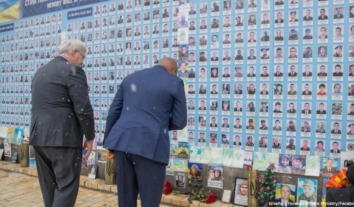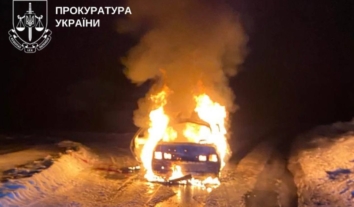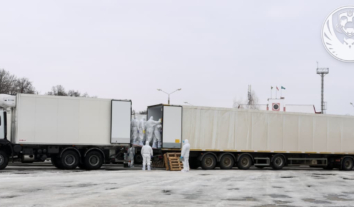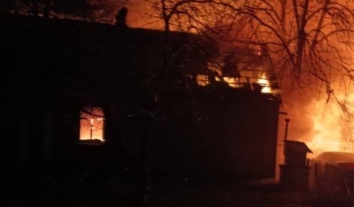Three years of occupation at Zaporizhzhia NPP: Lack of qualified personnel, poor maintenance, and trials of Ukrainian nuclear power plant workers
Three years into the occupation, personnel at the Zaporizhzhia Nuclear Power Plant (ZNPP) report a deteriorating safety situation at the facility due to substandard equipment operation and a shortage of qualified nuclear specialists, as stated by the CEO of the “Energoatom” company, Ruslan Karykov, during a press conference.
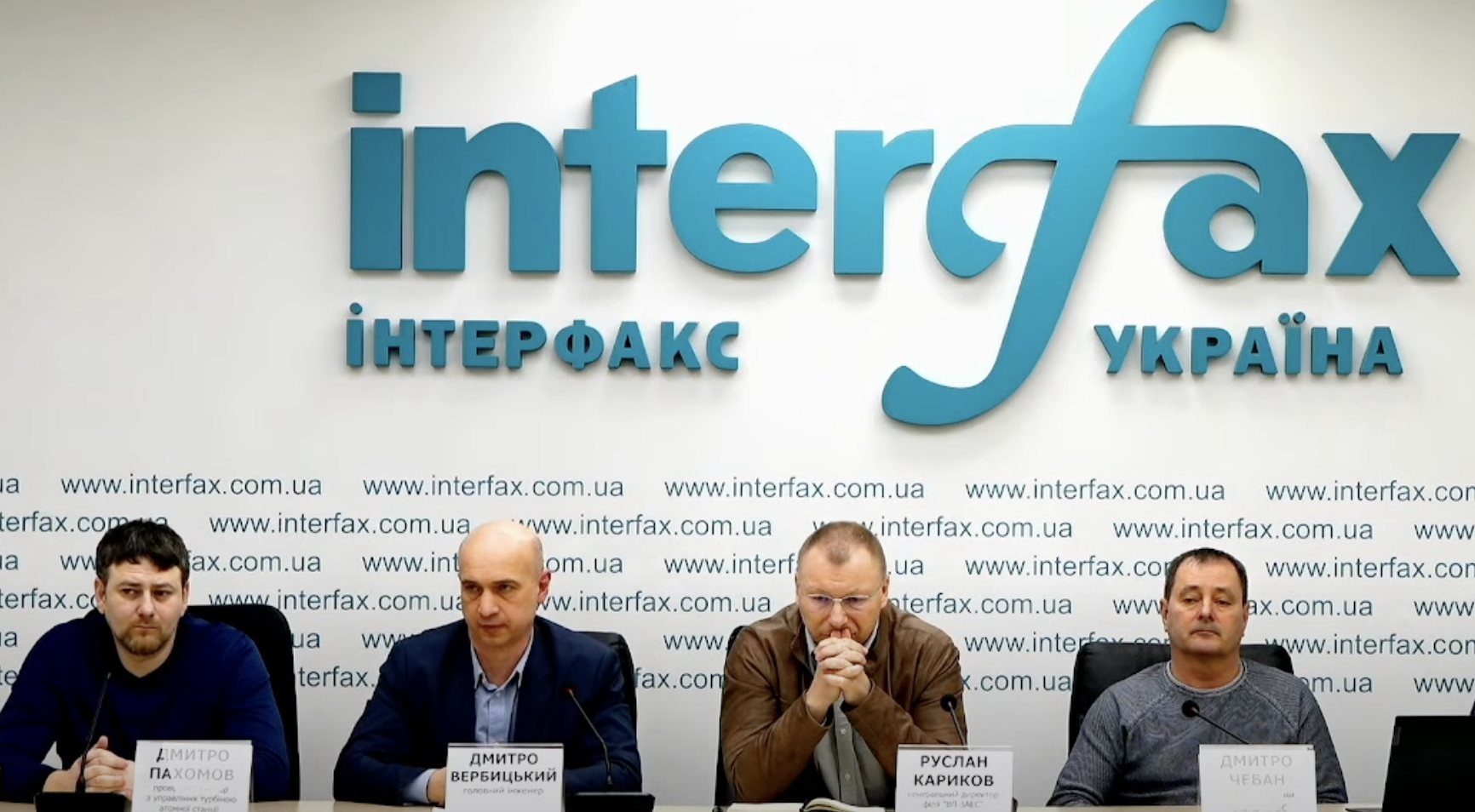 ZNPP workers. Video screenshot
ZNPP workers. Video screenshotAccording to Mr. Karykov, approximately 4,000 employees have left the temporarily occupied city of Enerhodar. Most are now employed elsewhere, have retired, or are abroad. Additionally, 100 employees are serving in the Armed Forces of Ukraine.
Some ZNPP personnel continue to live in Enerhodar due to personal or family circumstances; out of 3,200 employees, 1,100 have signed contracts with the Russian Federation.
“Currently, it is very difficult to leave the city, as there is a risk of imprisonment for those who have not signed a contract and have not obtained a Russian passport. It is also important to understand that those who did sign a contract did so under pressure, mistreatment, and constant influence. Highly qualified personnel have been preserved, are working for the Ukrainian energy sector, and are ready to return to their duties at any moment after the city’s liberation,” Karykov elaborated.
A leading engineer at ZNPP, Dmytro Pakhomov, spent nine months in occupation. He says that initially, the Russians thought the workers would willingly sign contracts. However, when no one did, the occupiers held conversations with them, trying to persuade them, offering large sums of money and positions, but Pakhomov refused.
The next day, his access pass to the Zaporizhzhia NPP was blocked. After that, he left.
The shift supervisor at ZNPP, Dmytro Cheban, confirmed that when the Russians entered the plant, they already knew the names of the employees and had prepared contracts, but the majority did not cooperate. Then, they began to blackmail relatives and loved ones, as well as issue threats. If anyone had relatives, acquaintances, or friends who were veterans or active military personnel, they were arrested.
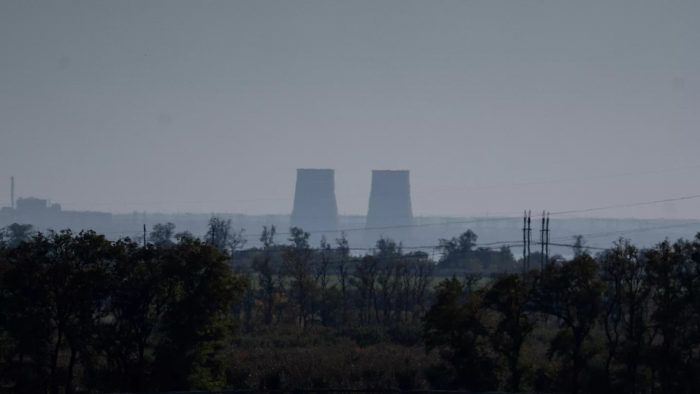 ZNPP. Photo credits: AFP
ZNPP. Photo credits: AFPRosatom, which is assisting with the plant’s occupation, gradually ran out of Ukrainian personnel and was forced to recruit “people from the street.” Another solution was to bring in personnel from the Russian Federation; however, these workers do not know how to operate the equipment present at the NPP. All of this has a significant impact on nuclear safety, which is degrading, as experts, including those from the IAEA, have repeatedly stated.
ZNPP employees commented on the latest IAEA mission rotation, which took place through the occupied territories. Nuclear workers recalled that such a step violates international law and Ukraine’s legislation.
“Ukraine is the owner of the Zaporizhzhia NPP, therefore it must be a participant in the process. This is being done to exclude us from the negotiation process and the guarantee of the plant’s safety. Our attitude towards this is very negative. The rotation of IAEA inspectors should be through the territory of Ukraine,” added Karykov.
Enerhodar, where the ZNPP workers live, was occupied by Russian forces on March 5, 2022.
Soon after, problems with food and medicine began there, and the Russians began kidnapping residents right in the streets. Despite the occupiers’ pressure, the residents of Enerhodar held protests, which were dispersed with gunfire.
During the occupation, according to human rights activists, the Russians turned the ZNPP and Enerhodar into a torture chamber.

